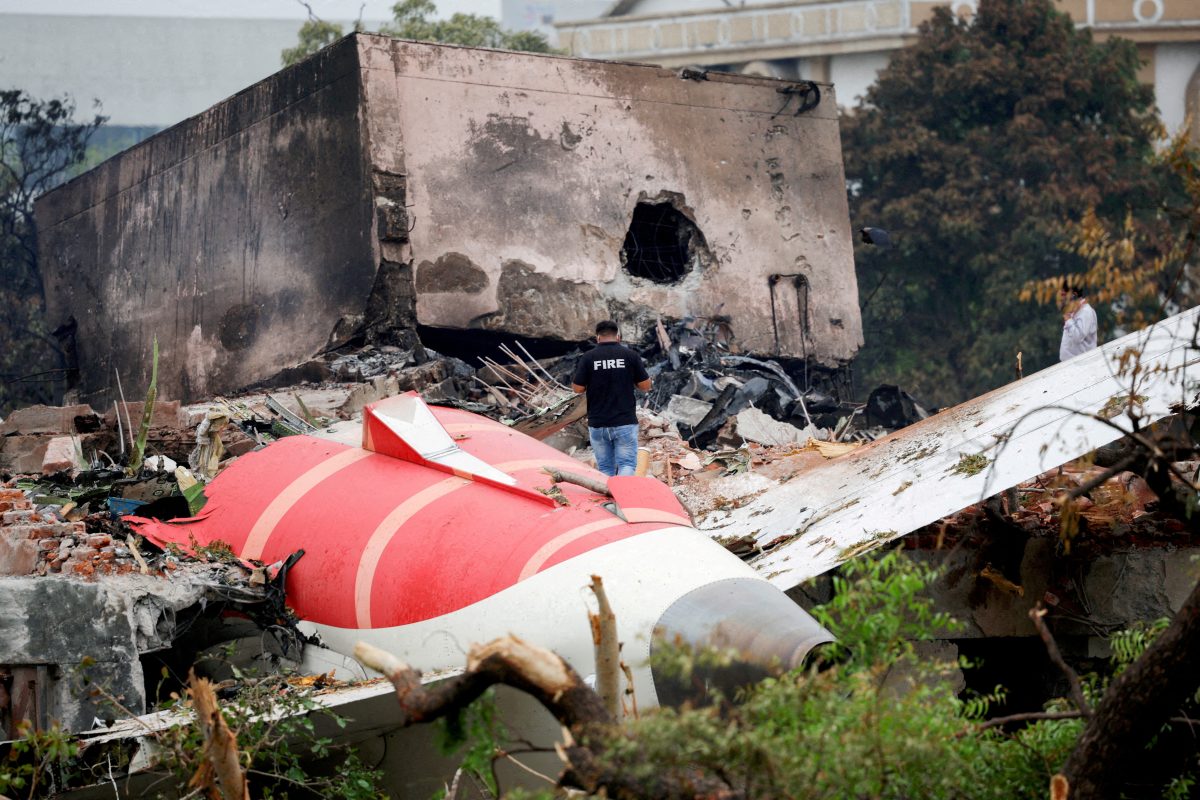Understanding the Air India Flight 152 Crash
A recent development in the investigation into the tragic crash of Air India flight 152 has revealed critical insights from the cockpit voice recorder. According to a report, the captain of the aircraft, which was en route from Ahmedabad to London, reportedly cut off the fuel supply to the engines shortly after takeoff. This incident occurred on 12 June and resulted in the loss of 260 lives, including 53 British nationals.
The first officer, who was piloting the Boeing 787 Dreamliner, questioned the captain about the action taken just seconds after the plane lifted off the runway. The two pilots involved were Captain Sumeet Sabharwal and First Officer Clive Kunder, with flying experience of 15,638 hours and 3,403 hours respectively.
Key Details from the Investigation
The preliminary report released by India’s Aircraft Accident Investigation Bureau (AAIB) indicated that the fuel switches were moved from “run” to “cut-off” within a second of each other right after takeoff. However, the report did not specify how these switches were activated.
According to the findings, one pilot was heard asking the other why the fuel had been cut off. The response from the other pilot was that he did not perform the action. Following this, the first officer reportedly began to panic while the captain remained calm.
Without fuel reaching the engines, the plane experienced a loss of thrust and started to descend. The fuel switches were then turned back to “run,” and the aircraft attempted to restart the engines automatically. Despite these efforts, aviation safety expert John Nance noted that the plane was too low and too slow to recover.
The Impact of the Crash
The aircraft clipped some trees and a chimney before crashing into a building on the campus of a nearby medical college. The crash resulted in 19 fatalities on the ground and 241 out of the 242 people on board the Boeing 787.
In an internal memo, Air India CEO Campbell Wilson stated that the preliminary report found no mechanical or maintenance faults. He emphasized that all required maintenance had been completed as per regulations.
Responses from Aviation Authorities
The AAIB’s preliminary report did not include any safety recommendations for Boeing or the engine manufacturer, General Electric (GE). However, following the release of the report, the US Federal Aviation Administration and Boeing issued private notifications stating that the fuel switch locks on Boeing planes are safe. These statements were based on information seen by Reuters and confirmed by four sources familiar with the matter.
Ongoing Investigations and Implications
Despite the initial findings, the full extent of the cause of the crash is still under investigation. The cockpit recording provides crucial evidence that may help determine whether the actions of the pilots played a significant role in the tragedy. As the investigation continues, further details will likely emerge, offering more clarity on the events leading up to the crash.
The aviation industry remains vigilant, with ongoing assessments of safety protocols and procedures to prevent similar incidents in the future. The focus now is on ensuring that lessons learned from this tragedy contribute to enhanced safety measures across the sector.







